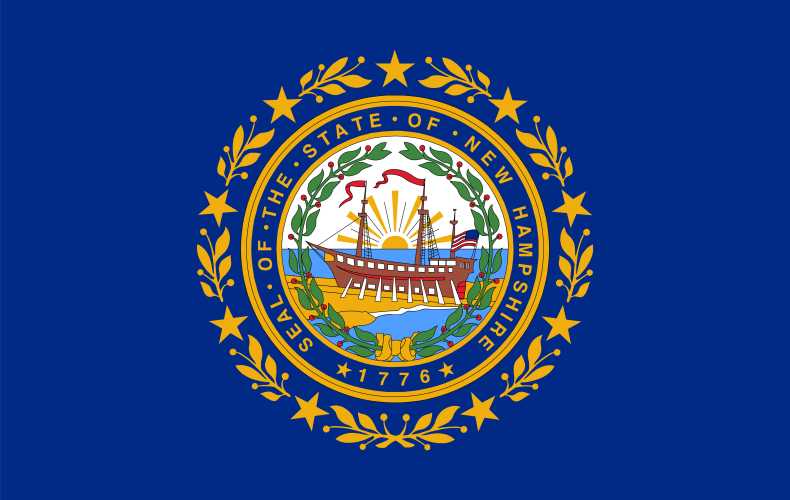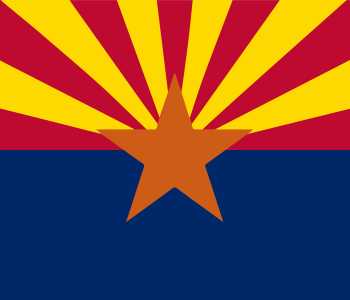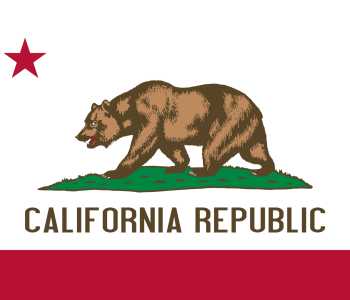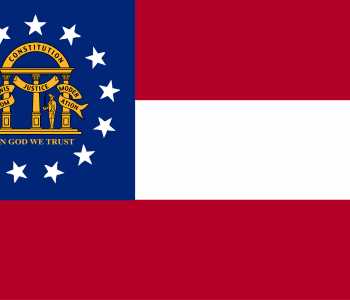New Hampshire Business License

Information Programs for Small Business Owners in New Hampshire
If you are a new business owner or just have questions about starting or running a business, you can find plenty of helpful information by checking out the New Hampshire Division of Economic Development's website, NHEconomy.com. Their website is full of information and links to other informative websites geared towards small business owners. There is even a section for Free Business Advice. It contains links to resources like New Hampshire's U.S. Small Business Administration (also known as the SBA), the New Hampshire Small Business Development Center, the Center for Women's Business Advancement and many other helpful groups. The website also has a Financing section that offers general information about funding a small business.
Obtain a Single or Multiple Business Licenses
A business license is not needed for every business in New Hampshire, but there are many kinds of businesses that are able to get a license or will require a license. Other than occupational and professional licenses, which are discussed below, other types of important state business licenses and permits include:
Licenses for the sale of alcoholic drinks, meals and licenses for rental taxes
Permits for environmental services
Licenses for Food Services
The official web site for the New Hampshire State government, NH.gov, offers a Doing Business page that contains links with more details about the aforementioned business permits as well as other types of permits. This page also contains links to other information that will be helpful to your business such as employment and taxes.
Submitting Records for Your Business Type
Along with licenses, there are some business types, like limited liability companies (LLCs) and corporations, that will also need to file specific records. To be more exact, LLCs, corporations and other kinds of businesses must submit organizational records to the Corporation Division of the New Hampshire Secretary of State (also known as the SOS or occasionally referred to as the Department of State). Research the Corporation Division's web site, especially their forms section, to get more information about this.
Filing for a Professional License
If you belong to any of the large multitude of professional and career-related organizations, you also be required to get a license from the State of New Hampshire. Some of the professions that need to be licensed by the state include: accountants, nurses, physicians, veterinarians, attorneys, architects, dentists, and engineers. You can learn more about the state organizations that provide licenses and oversee the various professional and occupational groups by visiting the Licensed, Certified and Registered Occupations Index, which is found on the New Hampshire Employment Security (NHES) website.
Filing for a Fictitious Business Name (Trade Name) or an Assumed Name
There are lots of small businesses that are not run under their owner's name. Instead, these businesses are run under a business name. A few business types, such as LLCs or corporations, may initially file with the state using one name (this may be called the true name, actual name, or the registered name), then later decide to run the business under a different name. Based on your business location and structure, the main business name might be referred to as a trade name, fictitious name, assumed name, or as a DBA, (which means "doing business as"). The majority of small businesses in New Hampshire, including sole proprietors, LLCs, and corporations, will need to register a form with the Secretary of State if they want to run their business using a trade name.
Filing for a Business Trade Name or Trademark
There are different legal meanings for the terms trademark trade name or a service mark. In general, service marks, trade names and trademarks are used to refer to goods products, services and businesses in a unique way. This helps to differentiate a service, business or product from those of a possible competitor. Business owners can file for trademarks and service marks via the SOS Corporate Division. (This is different from registering the business federally.) You can learn further details, as well as find a link to the correct State documents, by going to the Trademarks/Servicemark Forms and Law section of the SOS Corporate Division's web site.
FAQ
Do I Need to Register My Business?
To conduct business in New Hampshire or to advertise there, most businesses will need registration with the New Hampshire Secretary of State. Only sole proprietorships can operate under their legal name. The type of business you choose (corporation, limited liability company, or limited partnership) will determine the type of registration required. Failure to register can affect your ability to get business permits from other government agencies.
Are There State Requirements My Business Must Comply With?
Do I Need to Register My Business?
To conduct business in New Hampshire or to advertise there, most businesses will need registration with the New Hampshire Secretary of State. Only sole proprietorships can operate under their legal name. The type of business you choose (corporation, limited liability company, or limited partnership) will determine the type of registration required. Failure to register can affect your ability to get business permits from other government agencies.
Are There State Requirements My Business Must Comply With?
Do I Need to Register My Business?
To conduct business in New Hampshire or to advertise there, most businesses will need registration with the New Hampshire Secretary of State. Only sole proprietorships can operate under their legal name. The type of business you choose (corporation, limited liability company, or limited partnership) will determine the type of registration required. Failure to register can affect your ability to get business permits from other government agencies.






